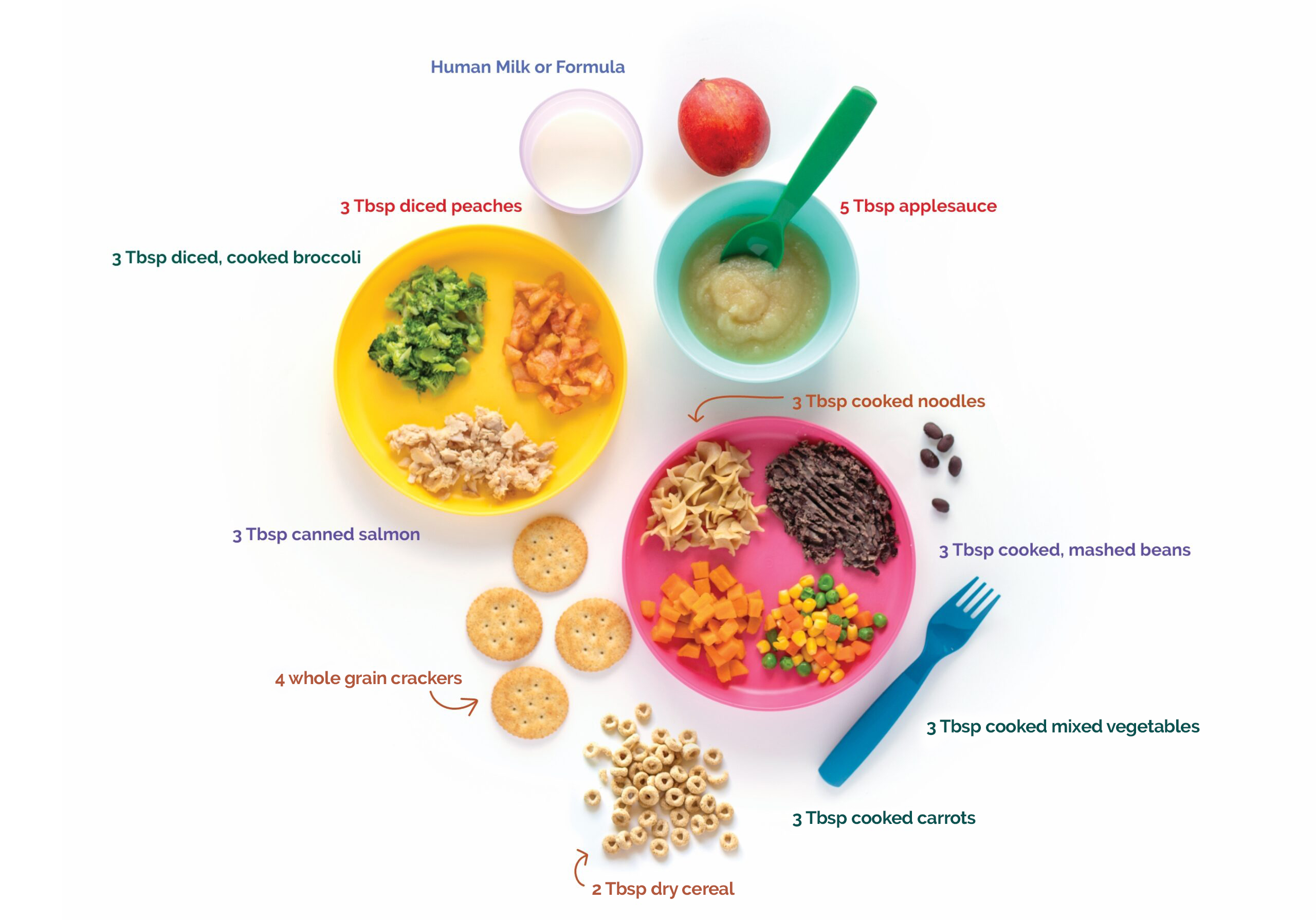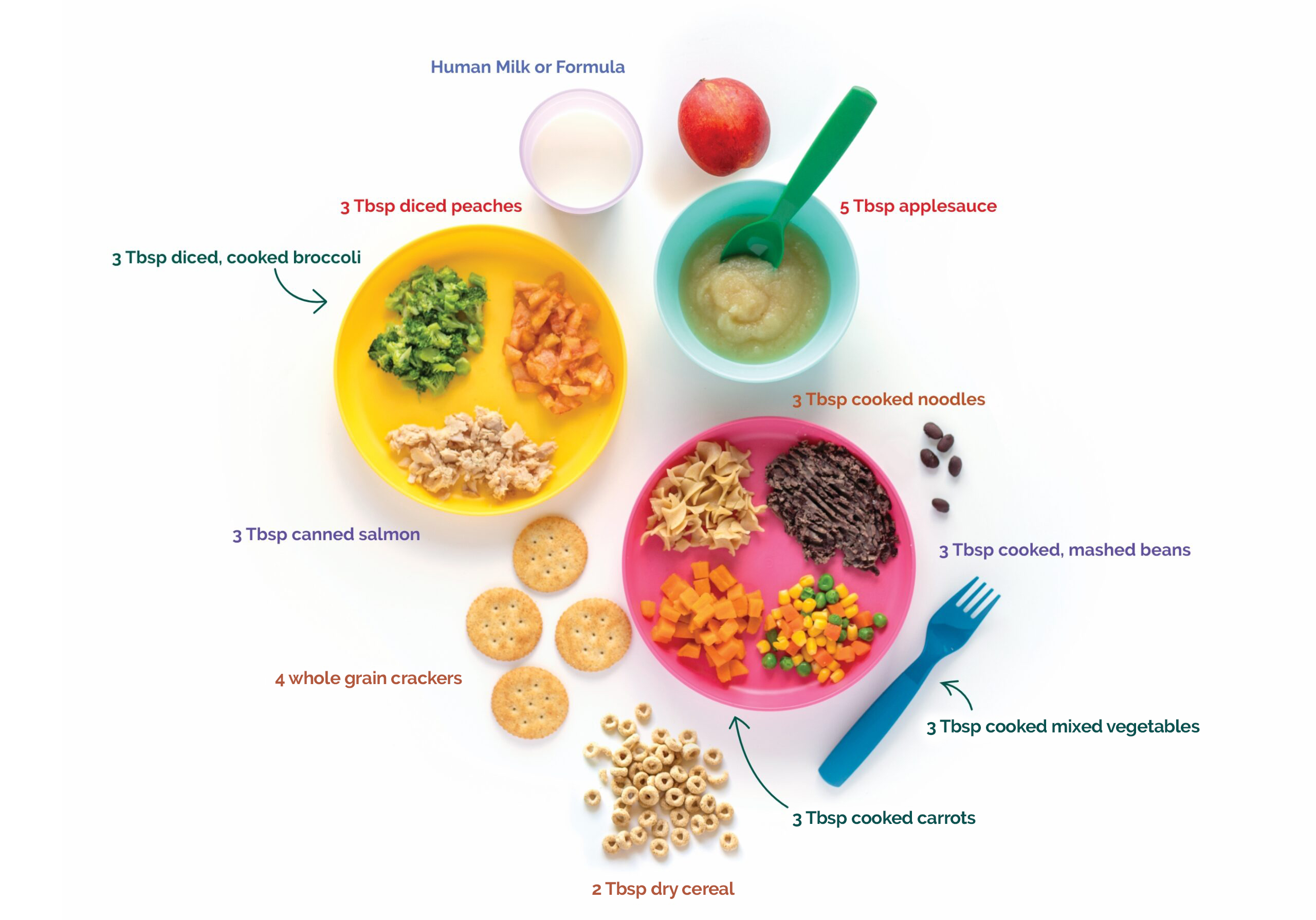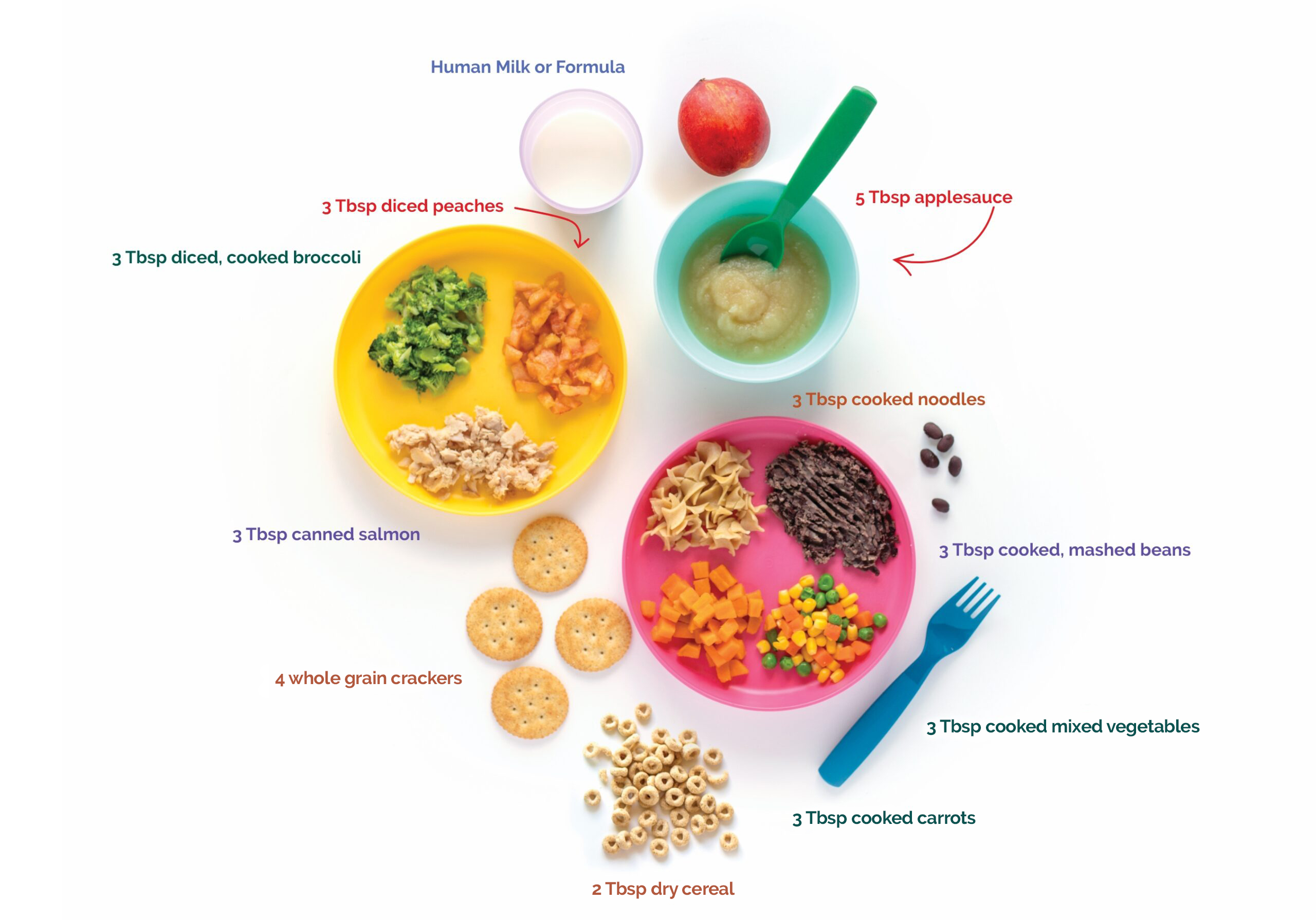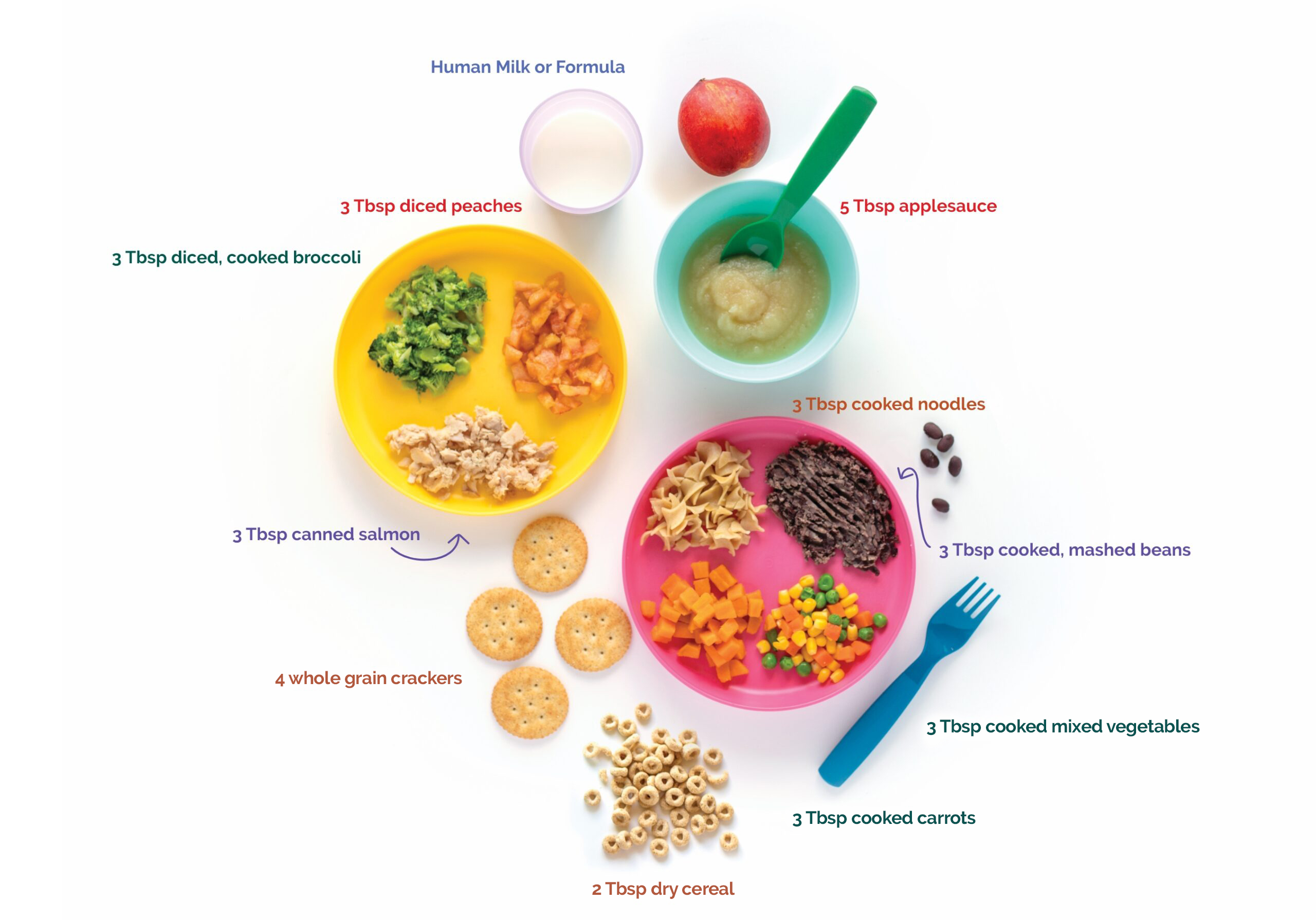When your baby screams every time you leave the room, wakes frequently at night, or now cries when grandma holds them, it’s called separation anxiety. It can be stressful, exhausting, and embarrassing, but it’s also a normal stage of development. So why does this happen?
Children do not understand yet that when we leave, we will come back, which is called object permanence. They also do not have a sense of time but are more aware of their surroundings and of the people most common in their lives. This is why when they are faced with new situations or separated from you, they often become more fearful and anxious.
Separation anxiety can be seen as early as 4-6 months, but typically is seen around 9 months and peaks between 10-18 months, usually going away by age 3. For some children separation anxiety is mild and does not last long, but for others it can be very intense and last a long time.
Signs of separation anxiety May include:
- Crying when you leave the room and stopping when they see you again or with just a quick cuddle.
- Becoming clingy in new or unfamiliar situations.
- May cry or refuse to go to different or new people. This can include them choosing a favorite person and not wanting to go with anyone else, including dad, grandma, or the daycare provider.
- Waking more frequently at night and not wanting to go to sleep without a parent with them.
While there is nothing to prevent or quickly stop separation anxiety, there are things you can do to help. You and your baby will learn to work through it as they develop skills to cope with you leaving and other new situations more easily.
Babies and children feel safe with routines. The more frequently you repeat these behaviors and the more consistent you are, the better it is to help your child learn the routine:
- First, make sure your baby feels secure when they are upset – hold your child to reassure them that you are there for them.
- When introducing your child to a new situation or new person, give them time to warm up and talk. This helps show your child they are safe.
- During drop-offs at daycare or a friend or family member’s house, do not linger too long. Give your child a hug, tell them when you will return, say good-bye, then leave. Having the caregiver distract your baby with a toy or activity may also help.
- Try to time drop-offs after a meal or snack and when your child isn’t too tired. Being hungry and tired can make the separation worse.


Remember, crying or even screaming when you leave is normal and most babies and young children will calm down quickly after you are gone. Ask your childcare provider about how your child behaves after you leave; this can help ease your worries to hear they do well while you are away. With that said, if your child continues to be extremely upset or panic, is having nightmares, or expresses fear towards or refuses to be left with a specific person, DO NOT IGNORE their behavior. These may be cues or signs that you need more information. Talk to the childcare provider and your baby’s healthcare provider.
Separation anxiety is a normal developmental stage. Remind yourself that you have the tools to help your child learn how to cope with new situations, new people, and with being separated from you.
























